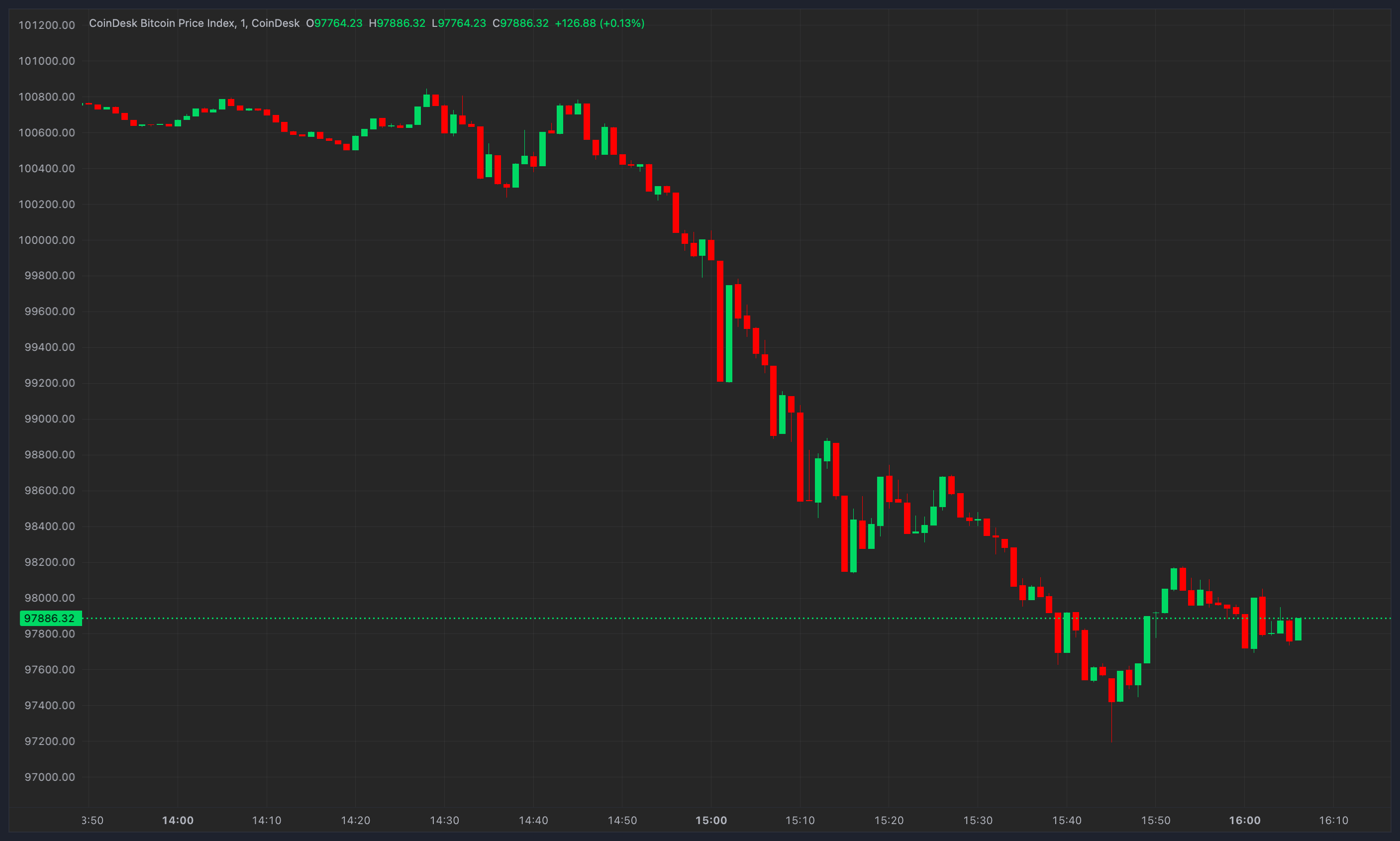WEB3 next generation world wide web blockchain technology with decentralized information, … [+]
A decentralized internet ecosystem built on distributed blockchain protocols and cryptography, Web3, is expected to be egalitarian, beneficial, and valuable for its participants: builders, users, and creators. The evolving Web3 buildout is moving forward precipitously, funded by billions of venture dollars. Web3 has potential applications across multiple industries and is attempting to solve ownership issues surrounding privacy, self-sovereignty, and economics within the internet. By leveraging tokens, cryptography, and decentralized technology, Web3 aims to disrupt the centralized, intermediary rent-seeking monopolistic business structures. A recent Gartner
IT
Web2: Read-Write; Platform Economy; Centralized Control By Intermediaries
Incumbent Web2 internet monopolistic behemoths have built their platforms on a Zero-Price model and, in exchange, locked in invaluable user data, assigning all ownership to their platforms and stakeholders. These behemoths exert restrictive usage rights and block access to the user data, obstructing the export of social graphs and other content, thereby making it prohibitive for participants to leave the incumbent platforms. Such business dynamics have immensely benefitted the entrenched Web2 platforms, enabling them to become monopolies while pocketing superlative monies without compensating the users whose content and contributions make these platforms highly profitable.
Web3: Read-Write-Own; Ownership Economy; Trustless, Permissionless, Ubiquitous
A fundamental tenet of the Web3 ecosystem is sharing ownership via tokens and tokenomics with users, for adding value. Tokens are transformative features in the Web3 business models. They represent programmable assets on the blockchain that grant users ownership, incentives, and participation in the growth and governance of Web3 platform networks.
Web3 Buildout: Infrastructure, Metaverse, Collectibles, DeFi, DAOs
Infrastructure/Plumbing
Programmable blockchains with layered smart contracts are critical to the Web3 infrastructure. Presently, Ethereum Blockchain network is the primary decentralized data storage and transaction validation platform of choice. Innovative smart contracts and Ethereum virtual machine (EVM) on the network provide a robust computing environment for developers. Smart contracts execute transactions automatically without intermediaries, hence permissionless and trustless. Ethereum’s vast decentralized finance (DeFi) ecosystem and innumerable use-case decentralized applications (dApps), i.e., NFTs, Metaverse, gaming, and more, have created a thriving ecosystem. Ethereum is settling trillions of dollars in transactions annually and is the world’s second-largest cryptocurrency by market capitalization.
However, Ethereum’s decentralized design has scalability issues, thereby limiting its transaction throughput to a mere 15 transactions/second (TPS). With millions of users joining the Ethereum network and developers simultaneously building new dApps, the platform’s low transaction throughput has led to severe congestion, significantly raising transmission costs, thereby rendering Ethereum network usage prohibitive.
For Web3 ambitious goal and objectives to service billions of users, ingenious Ethereum scaling solutions are being deployed. Innovative layer-2 blockchains run parallel to Ethereum to optimize and scale the network. These layer-2 solutions bypass Ethereum’s highway, offloading traffic so that the Ethereum network runs smoothly and affordably. These side chains alleviate transaction pressure from the mainchain while maintaining Ethereum’s robust security and decentralized architecture. Polygon, the leading Ethereum scaling platform, yields much faster transactions (up to 7,000 TPS ) while lowering user costs, expanding the scope and utility of dApps, and improving network and user experience. Mihailo Bjelic, the co-founder of Polygon, said, ” We see Polygon as the Amazon Web Services (AWS) of Web3, providing the critical platform for blockchain scaling and infrastructure development. What drives me as a founder of Polygon is enabling access for everyone to a borderless, open economy.”
Native scalable blockchain solutions competing with Ethereum, such as Solana, Binance, Avalanche, and ecosystems Cosmos and Polkadot, also offer higher transaction throughput as well as lower transaction costs.
On September 15, 2022, the Ethereum protocol transitioned from Proof-of-Work to Proof-of-Stake. A major software upgrade, called merge/fusion, aims to reduce the Ethereum network’s colossal energy consumption by over 90%. The merge/fusion upgrade, along with existing and novel scaling solutions in the pipeline, is expected to unleash innovations, unlock new applications, and accelerate Web3 goals of provisioning services to the masses.
Metaverse, a 3D immersive internet, is revolutionizing and disrupting many industries, i.e., entertainment, social media, eCommerce, games/esports, private digital spaces/virtual real estate, education, healthcare, medicine, manufacturing, and more. Established Web2 players such as Meta, Unity, Roblox, Epic games, Microsoft
MSFT
Web3 technologies, on the other hand, will allow participants to tangibly own the Web3 assets held in custodial wallets, in the form of Non-Fungible Tokens (NFTs) or Fungible Tokens. Hence, enabling users to move purchased or created digital objects/content across different platforms. Web3 companies, such as Decentraland, Sandbox, LandVault, Gala games, Star Atlas, Axie infinity, and many more, are developing innovative products for the burgeoning metaverse. LandVault, the most prominent real-estate developer, builds experiences on top of metaverse platforms and further provides technology to monetize these virtual experiences through product placement, NFT sales, and more. Sam Huber, CEO of LandVault, says, “We believe that the metaverse is the next generation of the internet. LandVault proposes a one-stop-shop solution to help businesses of all sizes enter this new phase and stay relevant with the next generation of the internet.”
Metaverse virtual reality futuristic web3 internet avatar augmented reality technology, virtual … [+]
Collectibles: Art, music, videos, online collectibles, and other unique virtual digital goods are represented by NFTs. Businesses and brands are using NFTs, digital wallets, and crypto-tokens in their incentivized reward programs and branding strategy. A brand-specific NFT can create much deeper consumer engagement while adding a canonical motif to the company story. Along with creating a digital proof of ownership of digital collectibles, NFTs can also offer additional consumer benefits such as exclusive rewards, free products, and premium memberships to commemorate notable events in the brand’s history or sponsorship moments. Top NFT marketplaces are, OpenSea, Rarible, NBA Top Shot, Binance, Nifty Gateway, and SuperRare.
DeFi is a global, peer-to-peer ecosystem of smart-contract powered dApps that allow algorithmic lending, saving, yield farming, flash loans, trading, and more in the form of crypto assets. DeFi transactions are open source, peer-to-peer, transparent, permissionless, and borderless. The complete approval process overseeing the financial transactions is executed via smart-contract algorithms, eliminating human intermediaries like brokers, bank tellers/clerks, traders, and institutions such as banks or payment processors. A few leading players are MakerDAO for Stablecoins, Curve for Stablecoins liquidity, Uniswap, PancakeSwap, SushiSwapfor general liquidity, and Mean DAO for providing payment infrastructures.
Decentralized Autonomous Organizations: DAOs are online, automated, decentralized communities that distribute decision-making, management, and entity ownership. DAOs principles allow community governance while avoiding external influences and are applicable across a wide range of assets and organizations, i.e., platforms for executing proposals, creating dApps, funding investments, and crowdfunding. AAVE, MAKERDAO, AND CURVE DAO are examples of successful DAOs.
Investments in Web3 buildout and ongoing efforts by global incumbents to utilize and implement Web3 applications have created a significant demand for Web3 talent professionals. Next-generation talent platform companies such as Bondex and Braintrust are attempting to fill the talent gaps created by various macro and micro factors while implementing innovative business models that enable shared ownership with users for participation and adding value.
Web3 is evolving towards a much more immersive and valuable internet for all. Venture funds have invested $33 billion in Web3 projects in 2021 and are on pace to nearly double that in 2022. Many predict that the broader Web3 sector will grow at a roughly 50 percent compound annual growth rate (CAGR) to become a multi-trillion-dollar industry over the next decade. Web3 could go from a buzzword to mainstream, disrupting existing businesses while creating massive new markets.
Read More: www.forbes.com









 Bitcoin
Bitcoin  Ethereum
Ethereum  Tether
Tether  XRP
XRP  Solana
Solana  Dogecoin
Dogecoin  USDC
USDC  Cardano
Cardano  Lido Staked Ether
Lido Staked Ether  TRON
TRON  Avalanche
Avalanche  Sui
Sui  Wrapped stETH
Wrapped stETH  Toncoin
Toncoin  Chainlink
Chainlink  Shiba Inu
Shiba Inu  Wrapped Bitcoin
Wrapped Bitcoin  Stellar
Stellar  Hedera
Hedera  Polkadot
Polkadot  WETH
WETH  Bitcoin Cash
Bitcoin Cash  LEO Token
LEO Token  Uniswap
Uniswap  Pepe
Pepe  Hyperliquid
Hyperliquid  Litecoin
Litecoin  Wrapped eETH
Wrapped eETH  NEAR Protocol
NEAR Protocol  Ethena USDe
Ethena USDe  USDS
USDS  Aptos
Aptos  Internet Computer
Internet Computer  Aave
Aave  Mantle
Mantle  Render
Render  Bittensor
Bittensor  Cronos
Cronos  POL (ex-MATIC)
POL (ex-MATIC)  Ethereum Classic
Ethereum Classic  Virtuals Protocol
Virtuals Protocol  WhiteBIT Coin
WhiteBIT Coin  Tokenize Xchange
Tokenize Xchange  MANTRA
MANTRA  Artificial Superintelligence Alliance
Artificial Superintelligence Alliance  Monero
Monero  Arbitrum
Arbitrum